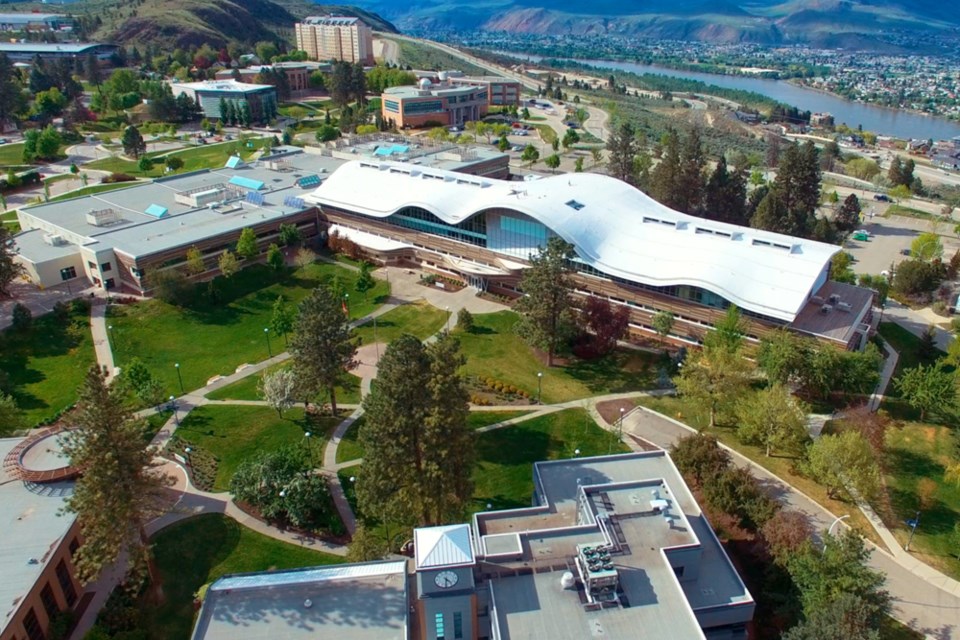A new research institute that Thompson Rivers University in Kamloops says would position it as an “international leader” in wildfire science and education has been given final approval.
The university said the Institute of Wildfire Science, Adaptation and Resiliency aims to conduct research aimed at preventing, mitigating, responding to and recovering from wildfires.
“It’s an impressive emerging area of research strength for TRU,” university President Brett Fairbairn said to the board.
“Creating this institute is the creation of an organizational structure that supports that work that connects across the campus and other partners beyond.”
The initial research team will be headed up by Mike Flannigan, a BC Research Chair, professor and renowned wildfire expert., Jill Harvey, a Canada Research Chair in fire ecology, and Lauchlan Fraser, an NSERC industrial research chair in ecosystem reclamation.
Flannigan said during that a new building has already been opened and is housing the researchers, grad students and postdoctoral researchers.
According to a proposal that went before senate in October, funding for the institute has been secured for three-years, with a proposed operating budget of $204,200 a year.
Following the first three years, the proposal said the institute will rely on funding from grants, contracts and government sources.
One of the institute's long-term goals is to develop undergraduate course programming over the next three to five years, with the eventual goal of establishing a dedicated wildfire science degree — which would be a first in Canada.
The institute is also part of a larger TRU-led initiative to combine wildfire research, training, education and innovation.
More land has been burned in B.C. between 2017 and 2023 than the previous 58 years combined, and the 2023 fire season saw a record number of hectares burned in the province.
The goal of the institute is to provide tools for future policy decisions to reduce adverse outcomes and impacts from wildfires, according to the university.
The institute will also aim to develop new knowledge with respect and learning from Indigenous land stewardship and management practices, the university said.




